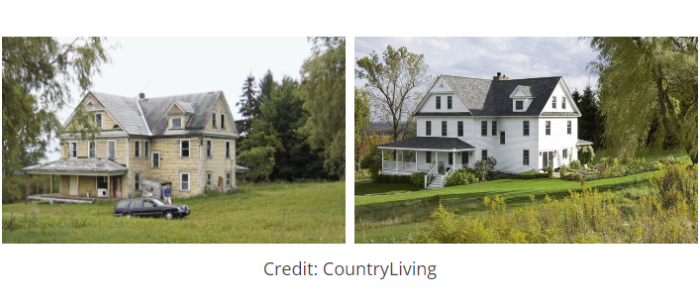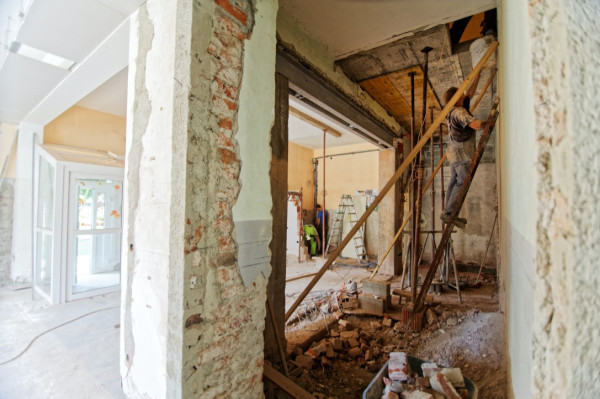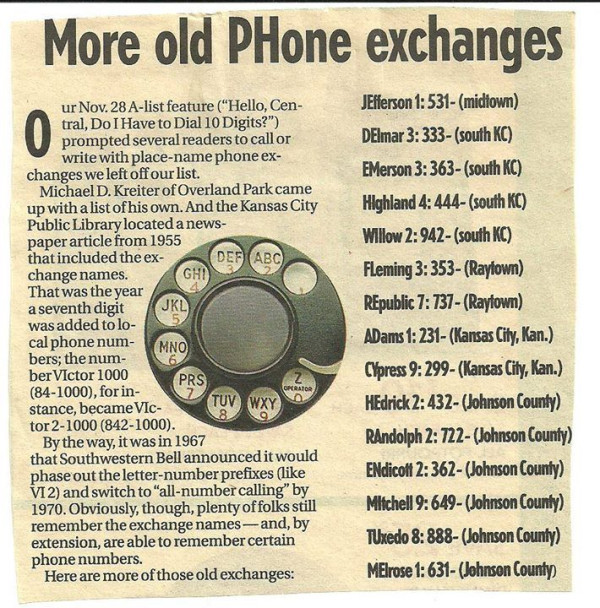Busting Historic Property Remodel Myths
Have you ever come across an unforgettable run-down historic property you wanted to restore?
May 10, 2024

Have you ever come across an unforgettable run-down historic property you wanted to restore? Although historic properties can seem like a daunting feat to remodel, let’s clear the air about some of the most popular myths.
Myth: Home Renovations are Costlier than Building New Structures
This is simply not true. An old building renovation can be carried out on a wide range of budgets. Generally, constructing a new building will cost more than a renovation project because old buildings have many items that can be retrofitted for their new use. New homes usually require the builder to buy new materials, decor, and furniture, which usually cost more unless they are of poor quality. The government will also provide a higher tax credit for historic property rehabilitation projects than traditional properties.
Myth: Buying a Historic Property is a Poor Investment Plan
When it comes to selling a historic property, it is true that there will not be as many potential buyers in comparison to a new property. If an old property is formally registered as a historic property, however, there is a niche market of buyers who readily appreciate their historic importance and iconic architecture. As long as your target market is impressed with the property, you can sell it for a pretty penny. Wealthy personal buyers, investors, celebrities, and collectors are known for buying old and historic properties. If you do it right, buying a historic property is definitely not a poor investment plan.
Myth: Historic Property Renovations are the Same as Traditional Renovations
There are additional guidelines and incentives that the government imposes on historic properties to ensure their authenticity is preserved. If a building has historical significance, parts of it will most likely need to be sealed and preserved. On the other side of the coin, many special privileges can be exercised for historic property owners. For example, a historical property owner generally receives financial assistance from the government for maintenance.
To successfully renovate a historic property, the investor should conduct thorough research about how to restore and preserve it. Buyers should also consider reaching out to experts in the field, such as realtors who specialize in selling old properties. Even if the property is not formally registered as historically significant, thoughtful research and renovation planning are necessary to successfully execute a renovation plan. Once you figure out the renovation logistics, you can fulfill your vision for helping your property reach its full potential!

What is a deed? Understanding the Cornerstone of Property Ownership
Explore the significance of deeds in real estate, learn about their types, and uncover how these documents hold the keys to your home history research.

In with the Renovations, Out with the Tear Downs
Let’s talk about the power of home renovations and interior design staging.

How to Claim a Relative’s Abandoned Property
Any unclaimed property becomes property of the state. So what happens if a relative of yours dies and hasn’t written a will or kept any financial record of it?

Did You Know Telephone Numbers Were Different Back in the Day? Here’s What You Need to Know!
Did you know phone numbers used to include words instead of just digits? Learn how the telephone exchange system made dialing easier, why it was phased out, and where you can still find traces of it today.